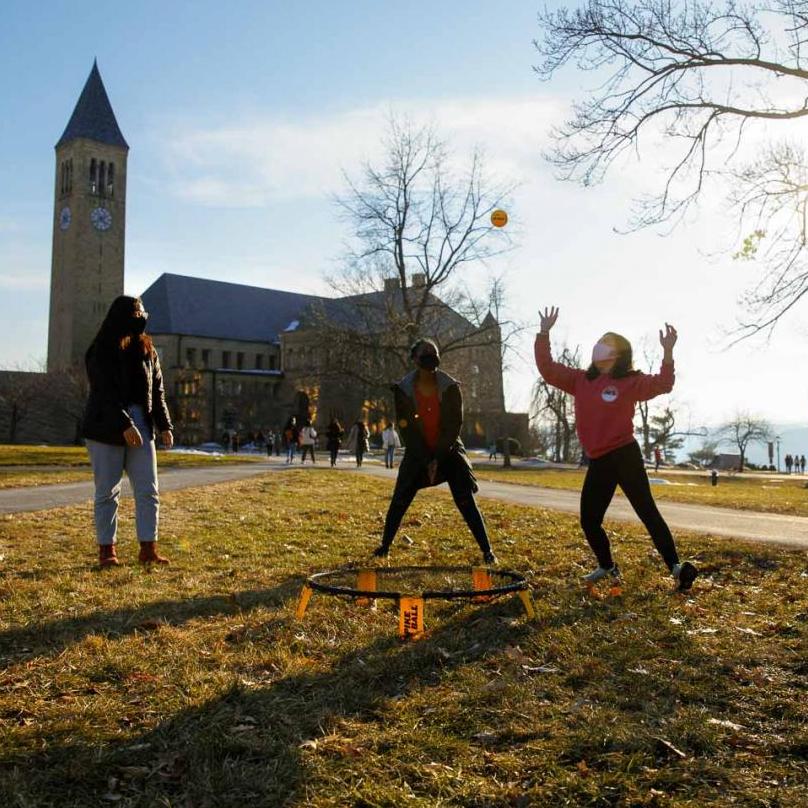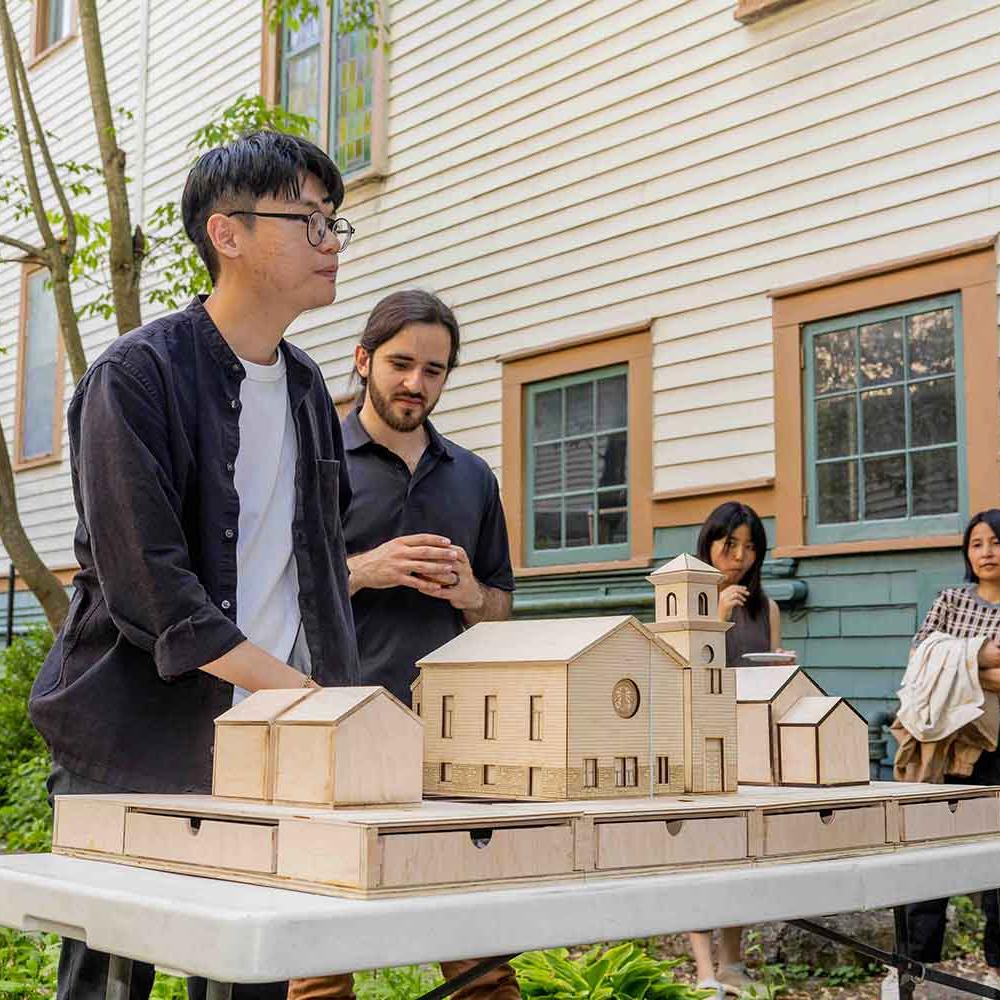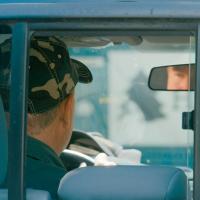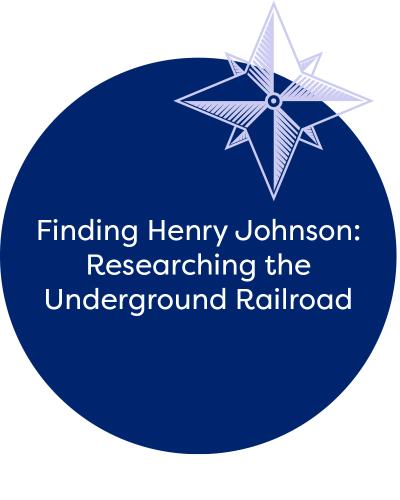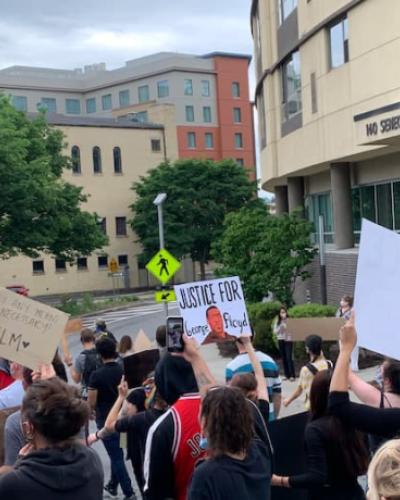The first half of 2020 witnessed the brutal execution-style killing of George Floyd by law enforcement officials in Minneapolis; the same day in Central Park, a white dog owner called the police on an “African American male,” Christian Cooper, who was “threatening” her by simply asking her to leash her dog. Prior to these events, police killed Breonna Taylor in her own home, and vigilantes executed Ahmaud Arbery for jogging while Black. 2020, however, has not been an exceptional year of violence against Black bodies. It has been a year like any other: Tamir Rice, Trayvon Martin, Eric Garner, Sandra Bland, Michael Brown, Tony McDade and all the other rarely-acknowledged Black and Brown Americans killed by police or vigilantes as part of the long, terrible history of racism and white supremacy from the seventeenth century to the present in the United States. Systemic violence against Black Americans in 2020 has been enveloped and augmented by the ongoing second pandemic, COVID, which has disproportionately affected communities of color due to structural injustices in wealth, health care, economics, and food security.
Summer 2020 witnessed, however, something else: Black Lives Matter is now perhaps the largest protest movement in US history, with millions taking to the streets not only in the major metropolises, but also in small town America. Black Lives Matter has come to main street, challenging the image of rural America as white and conservative. Something is happening. Momentum is building. But change needs to be systemic. To change, we (“we,” as in, institutions, we, the largely white loci of power and privilege) need to listen, grapple with our discomfort, ally ourselves – and work on changing the institutions themselves.
Change begins in many places; it certainly also begins at home. Cornell undergraduate students recently circulated a petition titled #DoBetterCornell. Cornell can do better. And the Society for the Humanities can do better. The petition is a call to sustained action that puts structural, intellectual, and pedagogical changes in place right here on campus. One of the demands of #DoBetterCornell is to found an Anti-Racism Institute in which the deep, defining Black history right here in Central New York – e.g., Frederick Douglass’ home in Rochester, Harriet Tubman’s in Auburn, the Underground Railroad at Ithaca’s St. James AME Zion Church, the Willard Straight Hall takeover, Black farmers to this day – becomes a core component of a Cornell education. We could not agree more, and we strongly support this goal. We are especially pleased to see President Pollack’s support and leadership.
Therefore, the Society’s initiative, supported by the Andrew W. Mellon Foundation, will focus on Rural Black Lives in the academic year 2020-21, collaborating with the #DoBetterCornell student group, Cornell faculty, and local community partners to host a series of events addressing the past, present, and future of rural Black lives in Central New York and beyond. Events will include webinars, community reads, podcasts, and discussions with invited guests. We will also provide microgrants (up to $350) to students to undertake small, independent research projects on any aspect of Rural Black Lives in Ithaca and Central New York (details to follow). Faculty are invited to apply for collaborative grants up to $10,000 per year.
The Spring Seminar (SHUM 4800/6800) for advanced undergraduate and graduate students will be dedicated to Rural Black Lives. Led by Gerard Aching (Africana/Romance, co-PI ), this seminar in public and engaged humanities will examine slavery, abolitionism, and the Underground Railroad in Central New York. Students will have the opportunity to explore the important abolitionist collection of books, manuscripts, and objects at Cornell’s Kroch Library and work on one of several communications or anthropological projects at documented Underground Railroad stations. The seminar’s contemporary content focuses on the revitalization of diasporic agricultural traditions and the circumstances, livelihoods, and challenges of Black farmers in our region. This seminar is intended to train students in the various methods and practices of public humanities and community-engaged work, to think collectively with and beyond disciplinary interests, and to share research on rural Black lives with local communities and a broader national public.
Finally, the Summer Practicum in 2021 will invite applications dedicated to projects addressing Rural Black Lives. This is just the beginning. We look forward to adding events and possibilities as we listen to and discuss with our partners in Rural Black Lives. More importantly, for the duration of the initiative, we commit to intersectional research in public and engaged humanities, equally addressing the Rural Latinx and Rural Indigenous Lives who are also all-too-often effaced, exploited, and expropriated in what is a rich, diverse, and colorful rural landscape.
Funding Opportunities
- Undergraduate Student Microgrants (up to $350)
- Faculty & Graduate Student Virtual Event Microgrants (up to $1,000)
- Faculty Collaboratory Grants (up to $10,000)

